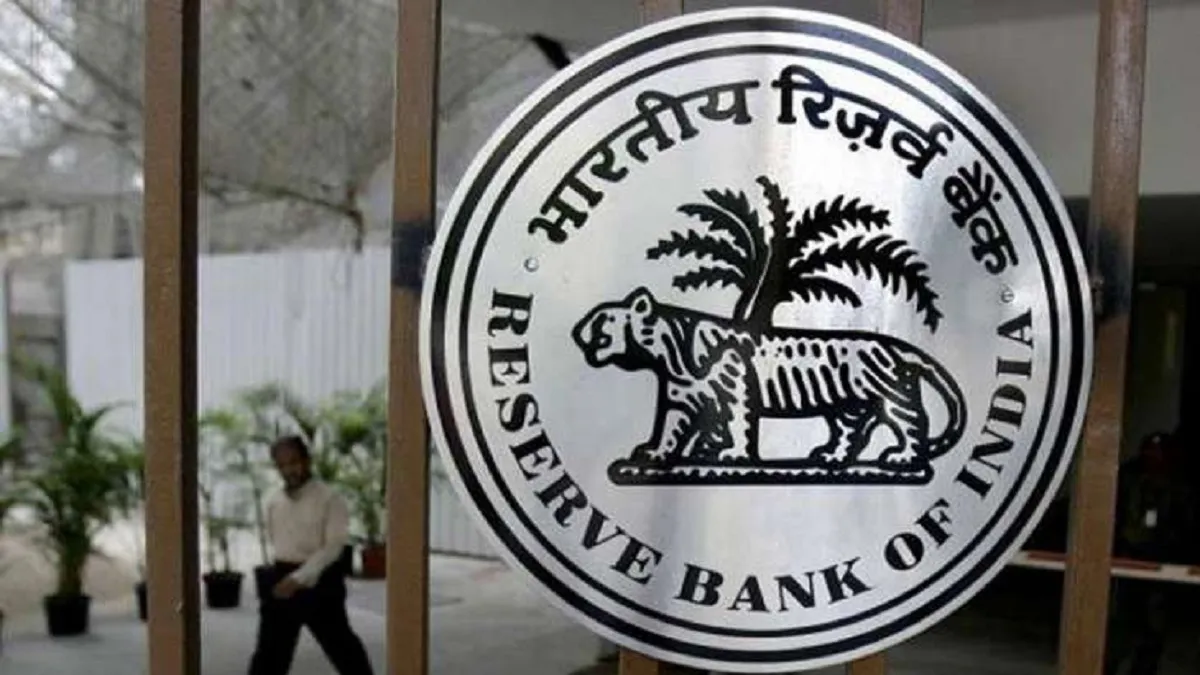
The country’s central bank i.e. Reserve Bank of India (RBI) has said in its Financial Stability Report (FSR) released on Monday that the Indian economy is displaying flexibility and stability. It is also said that India’s GDP (Gross Domestic Product) is expected to grow at the rate of 6.6 percent in 2024-25. According to PTI news, it said that the country’s GDP will be helped by improvement in rural consumption, increase in government consumption and investment and strong service exports.
The position of scheduled commercial banks has become stronger
According to the news, RBI has released the December 2024 issue of the Financial Stability Report (FSR), which reflects the collective assessment of the sub-committee of the Financial Stability and Development Council (FSDC) on risks to the resilience and financial stability of the Indian financial system. Is. It said the strength of Scheduled Commercial Banks (SCBs) is underpinned by strong profitability, declining non-performing assets (NPAs) and adequate capital and liquidity buffers.
GNPA ratio at multi-year low
Scheduled commercial banks’ return on assets (ROA) and return on equity (ROE) are at decade highs, while the gross non-performing asset (GNPA) ratio has fallen to a multi-year low, the report said. Macro stress tests show that most SCBs have adequate capital buffers relative to regulatory minimum limits even under adverse stress scenarios. Stress tests also validate the resilience of mutual funds and clearing corporations.
Decline in real GDP growth
On the economy, the RBI Financial Stability Report said that during the first half of 2024-25, the real GDP growth (year-on-year) recorded during the first and second half of 2023-24 was 8.2 per cent and 8.2 per cent respectively. .Increased by 1 percent to 6 percent. The RBI said that despite this recent slowdown, the structural growth drivers remain intact. “Real GDP growth is expected to recover in the third and fourth quarters of 2024-25, supported by accelerating domestic drivers, primarily public consumption and investment, strong services exports and easy financial conditions.”
Regarding inflation, the report said that going forward, food prices are expected to moderate due to the disinflationary effect of the prospects of a bumper Kharif crop and Rabi crop. Geopolitical conflict and geo-economic fragmentation could also exert upward pressure on global supply chains and commodity prices.
Latest Business News